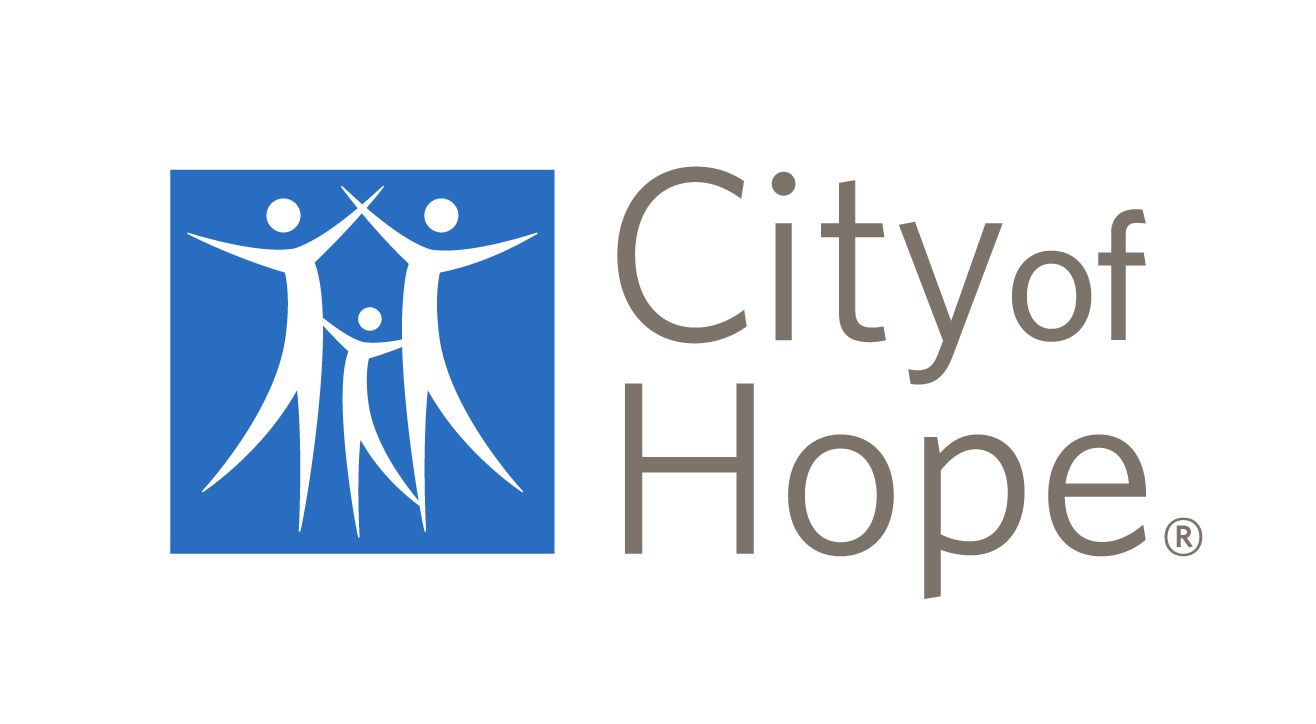- Advertise
- About OncLive
- Editorial Board
- MJH Life Sciences brands
- Contact Us
- Privacy
- Terms & Conditions
- Do Not Sell My Information
2 Clarke Drive
Suite 100
Cranbury, NJ 08512
© 2025 MJH Life Sciences™ and OncLive - Clinical Oncology News, Cancer Expert Insights. All rights reserved.
Dr. Salgia on Crizotinib and Other TKIs in ALK-Positive NSCLC
Ravi Salgia, MD, PhD, associate director, Clinical Sciences Research, Arthur & Rosalie Kaplan Chair, Medical Oncology, professor and chair, Department of Medical Oncology & Therapeutics Research, City of Hope, discusses effective agents in the treatment of patients with ALK-positive tumors.
Ravi Salgia, MD, PhD, associate director, Clinical Sciences Research, Arthur & Rosalie Kaplan Chair, Medical Oncology, professor and chair, Department of Medical Oncology & Therapeutics Research, City of Hope, discusses effective agents in the treatment of patients with ALK-positive tumors.
The phase I clinical trial that investigated crizotinib (Xalkori) was initially designed to examine the compound as a MET inhibitor. Investigators later realized that it was also an effective ALK inhibitor, Salgia says. The drug was later approved by the FDA because of its durable progression-free survival in third-line, fourth-line, and fifth-line therapies.
There are other tyrosine-kinase inhibitors for ALK-positive patients, such as ceritinib (Zykadia), brigatinib (Alunbrig), and alectinib (Alecensa). Now, researchers are looking at how to optimally sequence these agents.


